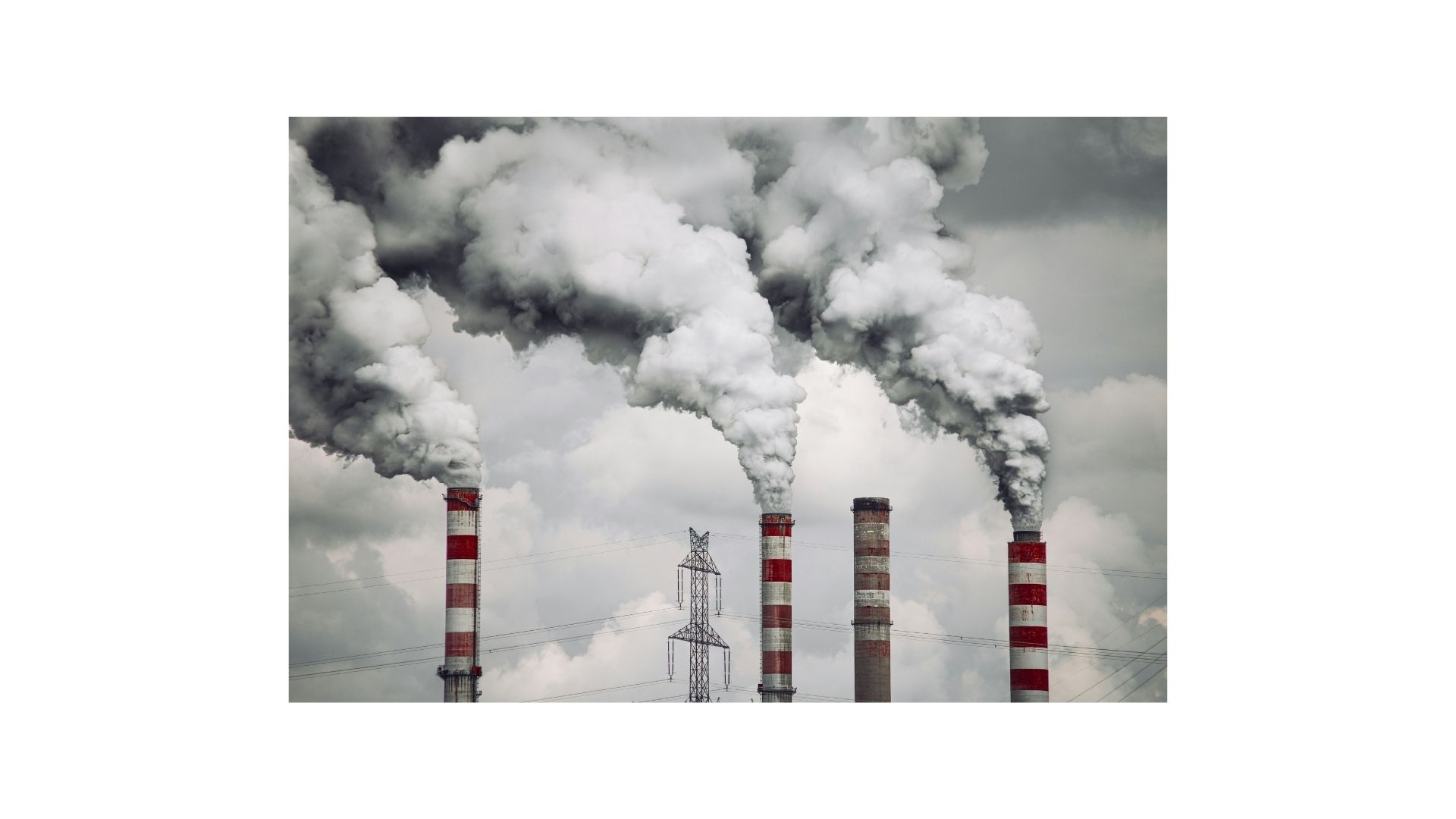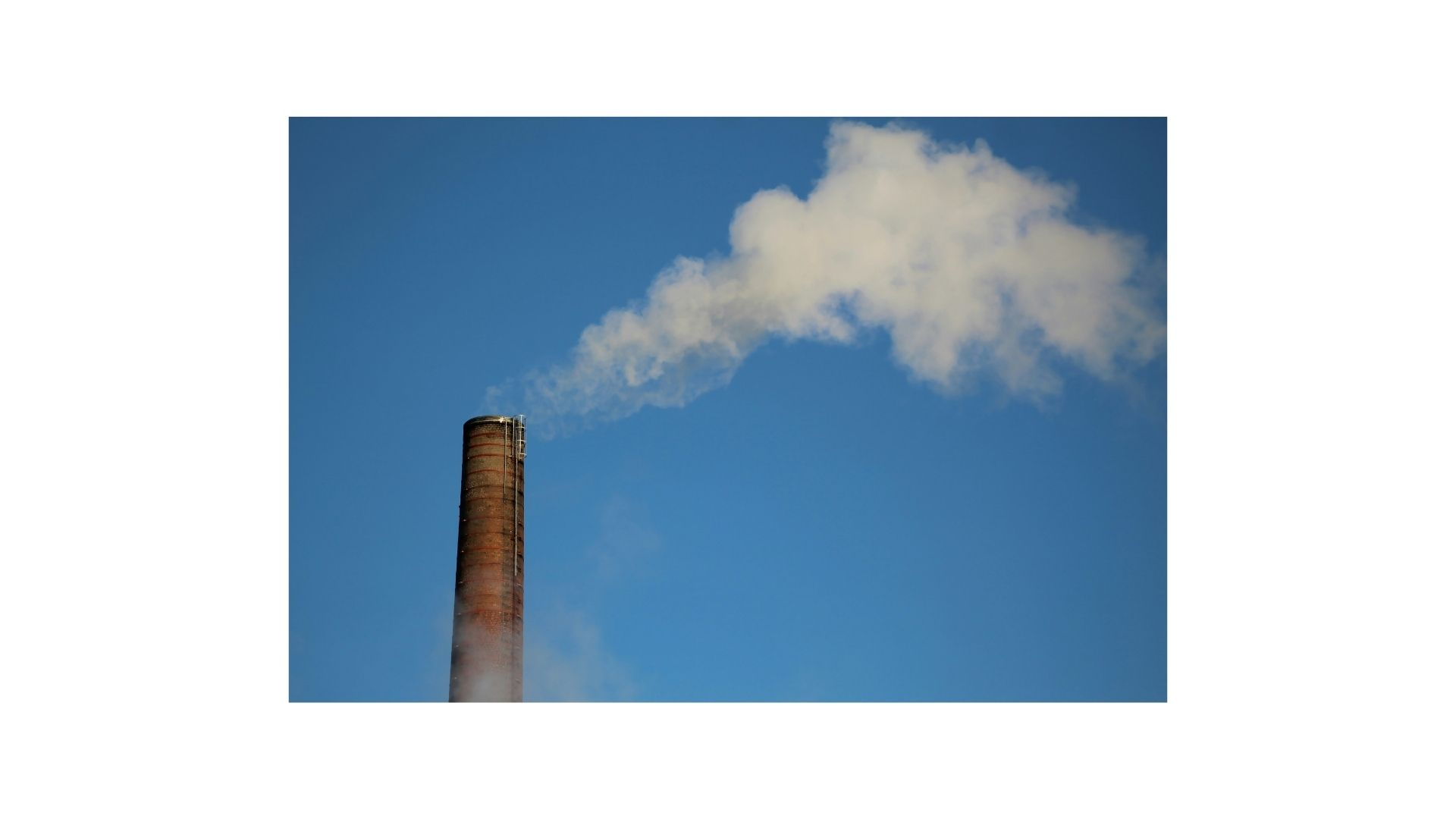Air pollution is a pressing global issue that affects millions of people every day. Despite its pervasive presence, many are unaware of the shocking facts surrounding this environmental hazard. In this blog post, we’ll delve into some startling truths about air pollution, its effects, and what we can do to mitigate its impact. Let’s explore the world of air pollution together!
Internal link: https://visa.javanet247.com/
What is Air Pollution?

Air pollution refers to the presence of harmful substances in the atmosphere. These pollutants can be natural or man-made and include particulate matter (PM), nitrogen oxides (NOx), sulfur dioxide (SO2), carbon monoxide (CO), and volatile organic compounds (VOCs). These pollutants can have severe health and environmental consequences.
Shocking Facts About Air Pollution
1. Air Pollution is a Leading Cause of Death
One of the most alarming facts about air pollution is its impact on human health. According to the World Health Organization (WHO), air pollution is responsible for approximately 7 million premature deaths each year1. This makes it one of the leading causes of death globally, surpassing even some of the most well-known diseases.
2. Children are the Most Vulnerable
Children are particularly susceptible to the harmful effects of air pollution. Exposure to polluted air can lead to respiratory infections, asthma, and even hindered lung development2. Studies have shown that children living in areas with high levels of air pollution are more likely to suffer from chronic respiratory conditions.
3. Economic Impact
Air pollution doesn’t just affect health; it also has significant economic repercussions. The World Bank estimates that air pollution costs the global economy around $225 billion in lost labor income each year3. This staggering figure highlights the urgent need for effective pollution control measures.
4. Indoor Air Pollution is Just as Dangerous
While outdoor air pollution often grabs headlines, indoor air pollution is equally concerning. Household activities such as cooking, heating, and using certain cleaning products can release harmful pollutants into the air. In fact, indoor air pollution is responsible for millions of deaths annually, particularly in low-income countries where biomass fuels are commonly used4.
5. Air Pollution and Climate Change
Air pollution and climate change are closely linked. Many air pollutants, such as black carbon and methane, are also potent greenhouse gases. These pollutants contribute to global warming and exacerbate climate change, creating a vicious cycle that further degrades air quality5.
6. Air Pollution Knows No Borders
Air pollution is a global problem that doesn’t respect national boundaries. Pollutants released in one country can travel long distances, affecting air quality in neighboring regions. This transboundary nature of air pollution underscores the need for international cooperation in addressing this issue.
7. Technological Solutions

Despite the grim statistics, there is hope. Advances in technology have led to the development of innovative solutions to combat air pollution. From electric vehicles and renewable energy sources to air purifiers and green building materials, there are numerous ways we can reduce our pollution footprint.
How Can We Combat Air Pollution?
1. Policy and Regulation
Governments play a crucial role in combating air pollution. Implementing and enforcing strict air quality standards, promoting cleaner technologies, and investing in public transportation are essential steps in reducing pollution levels. Policies that encourage the use of renewable energy sources can also make a significant difference.
2. Individual Actions
While policy changes are vital, individual actions also matter. Here are some simple steps you can take to reduce your exposure to air pollution and contribute to cleaner air:
- Use Public Transport: Opt for public transportation, cycling, or walking instead of driving. This reduces the number of vehicles on the road and lowers emissions.
- Reduce Energy Consumption: Use energy-efficient appliances and turn off lights and electronics when not in use. This helps decrease the demand for electricity, which is often generated from polluting sources.
- Support Green Initiatives: Participate in or support local and global initiatives aimed at reducing air pollution. This could include tree planting campaigns, clean-up drives, or advocacy for cleaner policies.
3. Community Efforts
Communities can come together to tackle air pollution through collective action. Organizing awareness campaigns, advocating for green spaces, and promoting sustainable practices can create a positive impact. Community gardens, for instance, not only improve air quality but also provide fresh produce and enhance local biodiversity.
External link: https://prolegal.techarmz.com/how-to-talk-to-plants.html
Conclusion
Air pollution is a complex and multifaceted issue that requires concerted efforts from individuals, communities, and governments. By understanding the shocking facts about air pollution and taking proactive steps to address it, we can work towards a cleaner, healthier future for all. Remember, every small action counts in the fight against air pollution. Let’s breathe easier together!
I hope this draft meets your needs! Feel free to adjust any sections to better fit your style or add more details as you see fit. If you need any more help or have specific points you’d like to include, just let me know!

